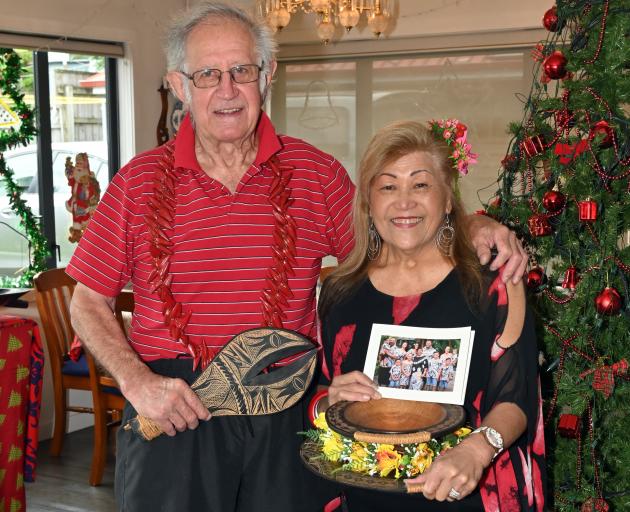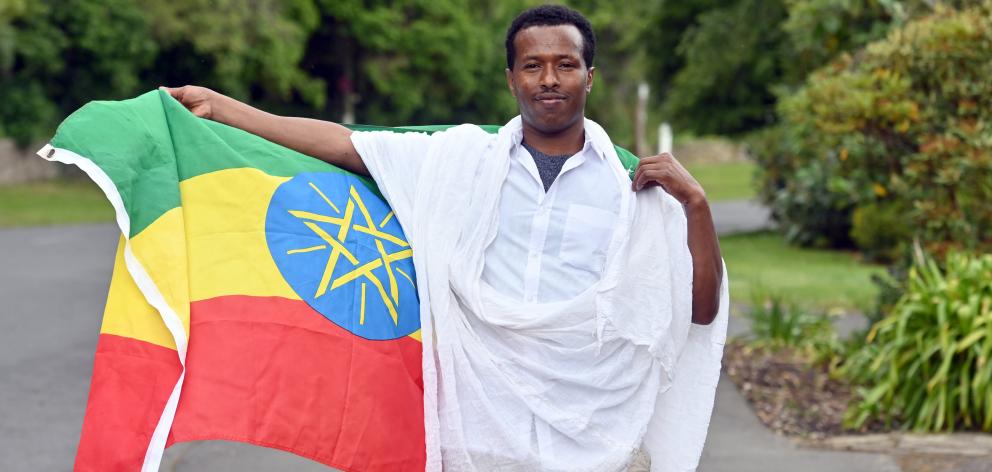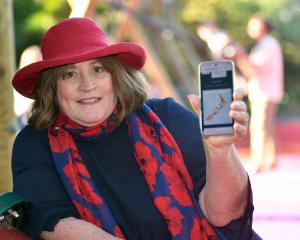Not everyone’s Christmas is all turkey and cheap bubbly. Jono Edwards speaks to Dunedin locals about various spins they put on the holiday.

The Mosgiel woman is organising a large Christmas gathering for Dunedin’s Indonesian community near Taieri Mouth, for which she expects 50 people and a range of food.
"It’s going to be a bit of a New Zealand Christmas, so there will be beef and chicken and that kind of thing."
Because of the mix of Christians and Muslims, much of the meat would be halal.
There would also be some specifically Indonesian treats, such as butter biscuits and "snow white cookies".
It would be a busy time for Mrs van Aalst, who would also have a more typical New Zealand Christmas with her husband and three children that day.
Mrs van Aalst has lived in the city since 1989, but holds on to some of the traditions of her childhood.
Church and food were the centres of the holiday as she was growing up, she said.
Helpers would crowd the kitchen cooking beef rendang and kidney bean soups.
"We’d get the family together and cook. It becomes a large family gathering."

"That sounds like Mardi Gras or Carnivale for us."
For her, Christmas was more of a time of reflection, filled with candles and singing.
Advent, or the Sundays leading up to Christmas, were essential to her tradition.
She treasures a wooden three-tiered "Christmas pyramid" holding small biblical figures, which spins when the candles it holds are lit.
"Candles are very important. We light the candles on the tree, to the horror of Kiwis and Scottish people who think they will light on fire."
Christmas Eve is a busy day for most Germans and so it will be for her family this year.
With husband Peter Matheson, children and grandchildren, they will follow the tradition of potato salad and sausages and singing in German and English.
On Christmas Day it would be the "Kiwi way of doing things" with their children and grandchildren.
"My daughter will be doing the cooking. They’re all vegetarian now, so it’ll be vegetables and tofu and that kind of thing."
There would be German touches, including honey cakes and other biscuits made by their daughter.

At this time she will bring out Samoan favourites like chop suey and corn beef.
"I usually cook sweet and sour pork from my own recipe. I make enough for 100 people."
After that is over, wider families will all meet together for a gathering of about 50 or 60 people at Woodhaugh Gardens.
"We’ll get all the kids together and play cricket and volleyball. Have a bit of a barbecue for the kids."
Afterwards they would come home, sing karaoke and "have a dance".
"We have a big driveway, so we’ll hopefully be outside, singing Merry Christmas."
Mrs Cahill has lived in New Zealand since 1967, but regularly makes trips back to Samoa.
Sometimes for Christmas they liked to cook an umu, which was the Samoan term for hangi, but this could be difficult to organise in Dunedin.

However, this was part of the normal procedure in Ethiopia for Gebre Gebresdik.
"It would start in the middle of the night and there would be very slow, deep singing and preaching about what happened to Jesus and how we can appreciate it."
There the celebrations are almost a week later than most of the world, because Ethiopia’s days are more based on the Julian calendar, rather than the Gregorian calendar most of the world uses today.
On the day, the idea was similar to here: family and good food.
"But the food is different. We have stewed meat and massive pancakes and homemade alcohol.
"Then it’s relaxing with family. Sometimes they are family you only see once a year, the main thing is people seeing each other."
Most of Mr Gebresdik’s family is in Australia or Africa, so this year he was considering attending a service similar to what he was used to at Dunedin’s Egyptian Church.
After some Egyptian food he would catch up with New Zealand friends and probably have the usual turkey feast.
Advertisement













